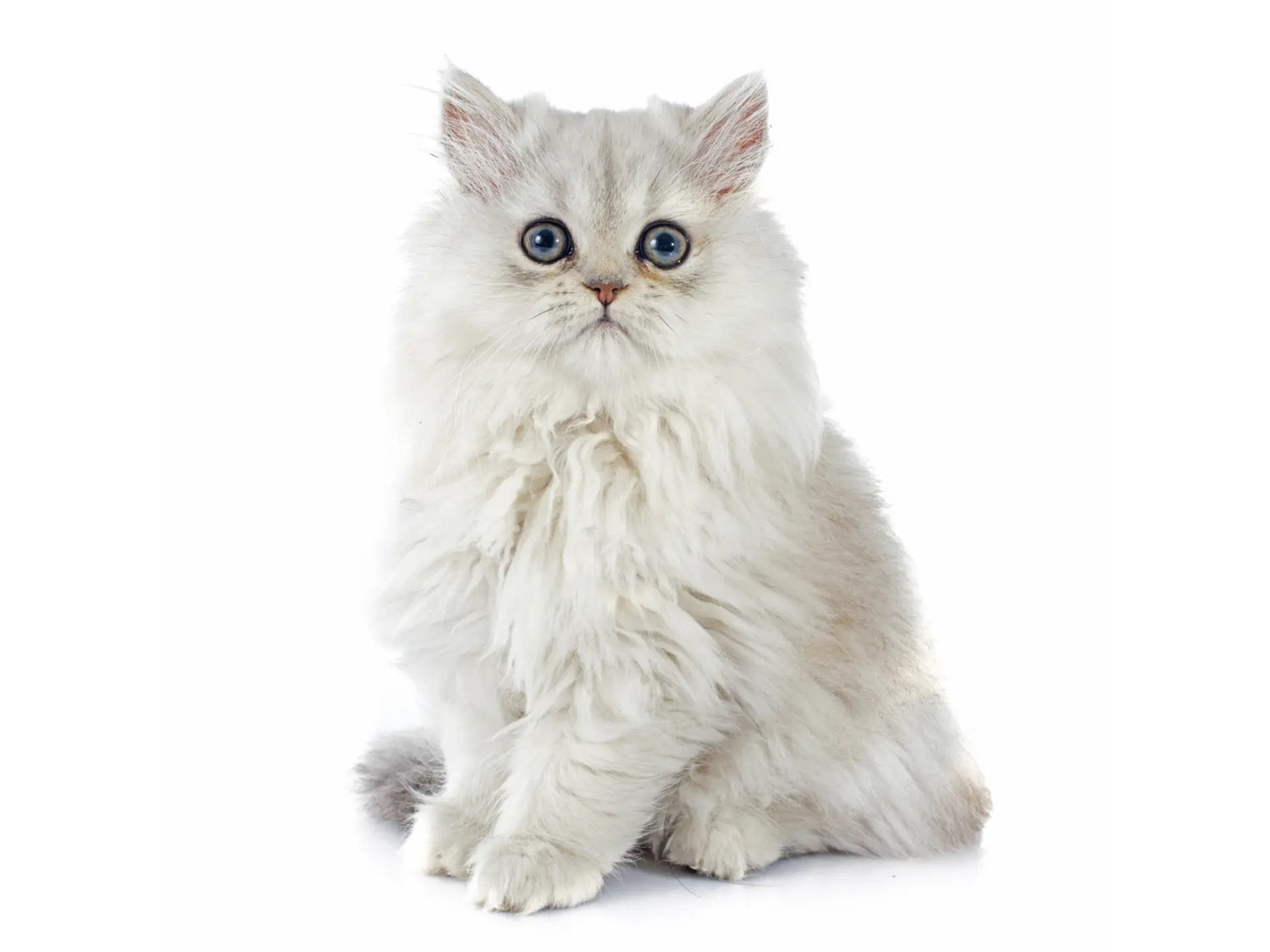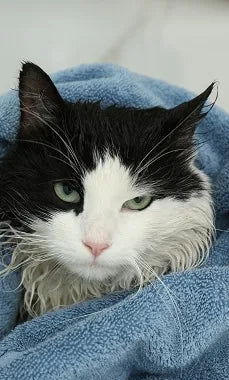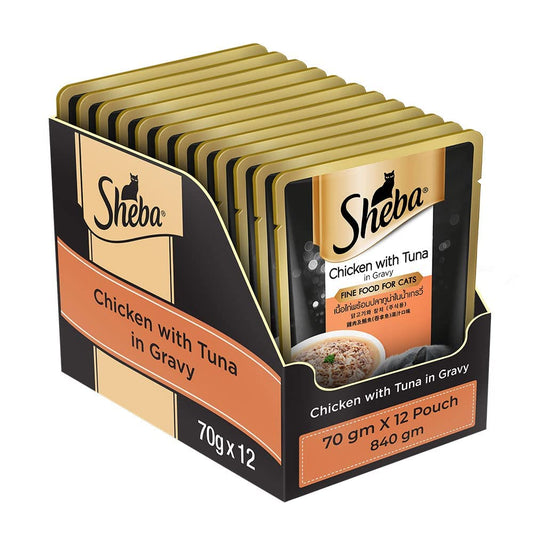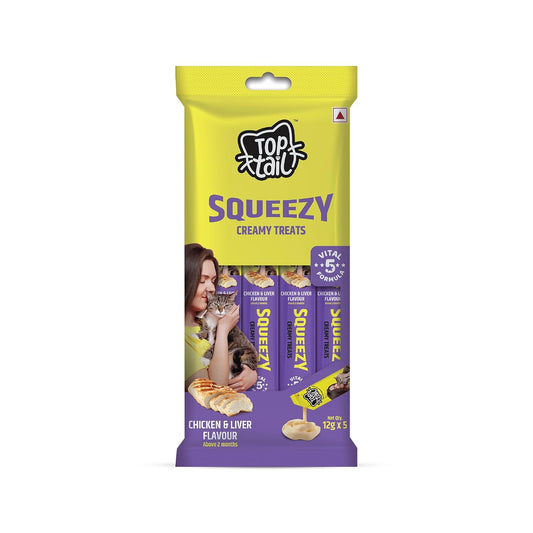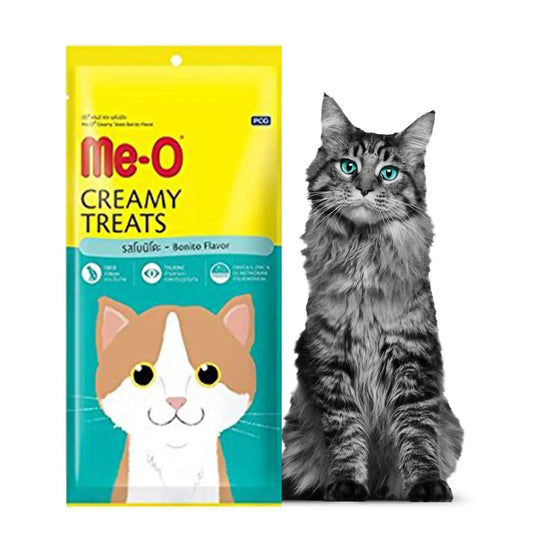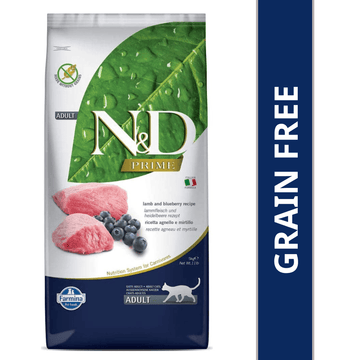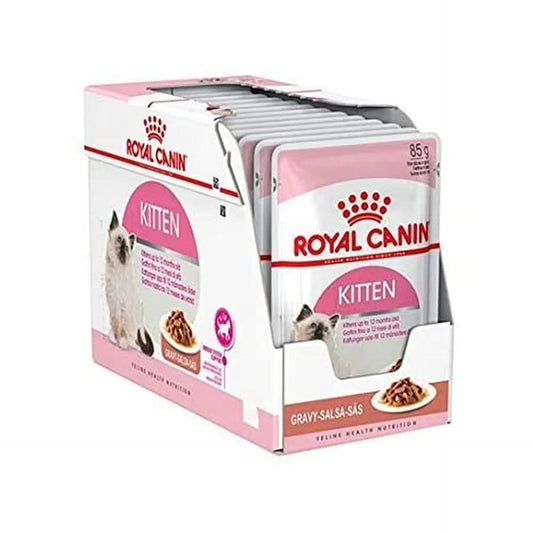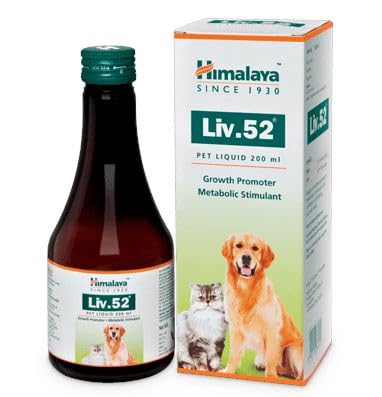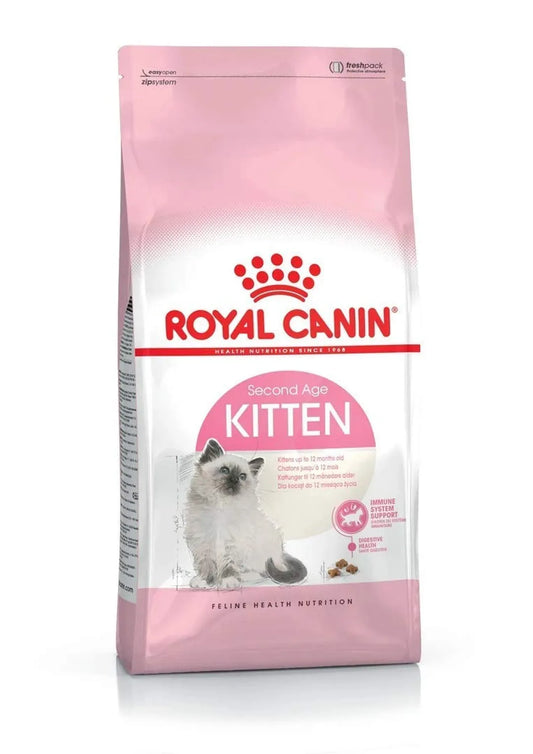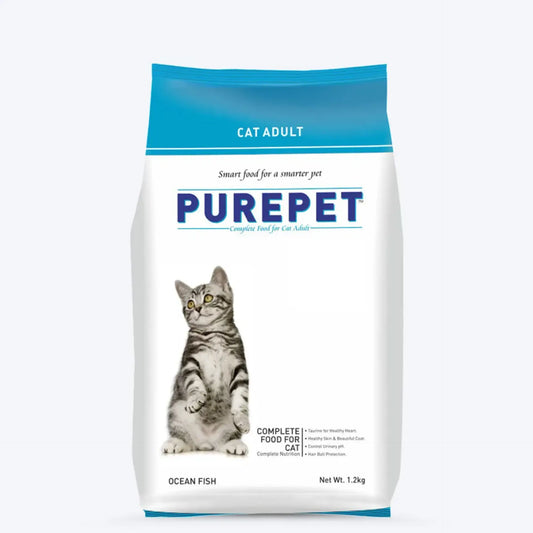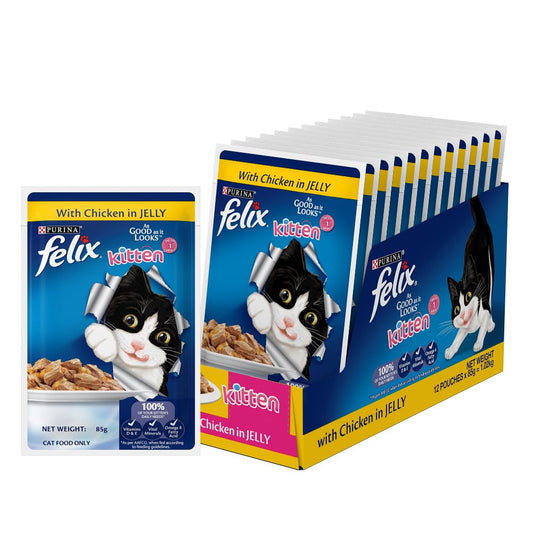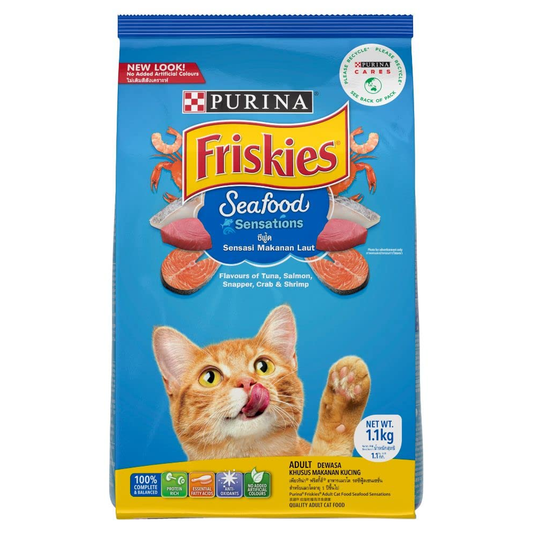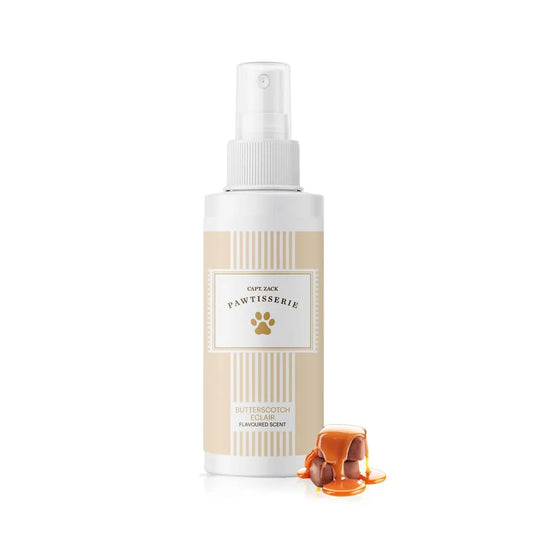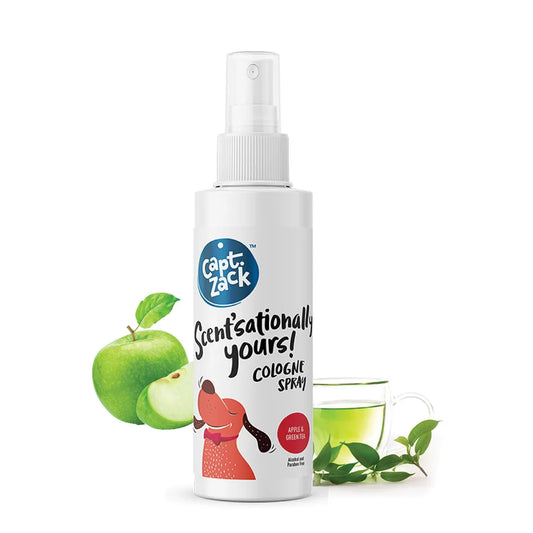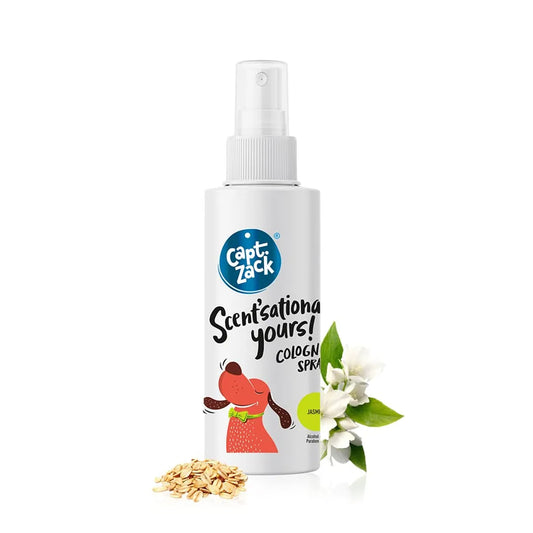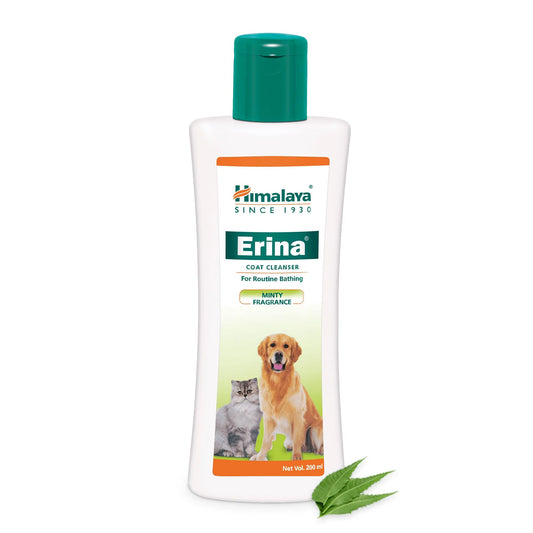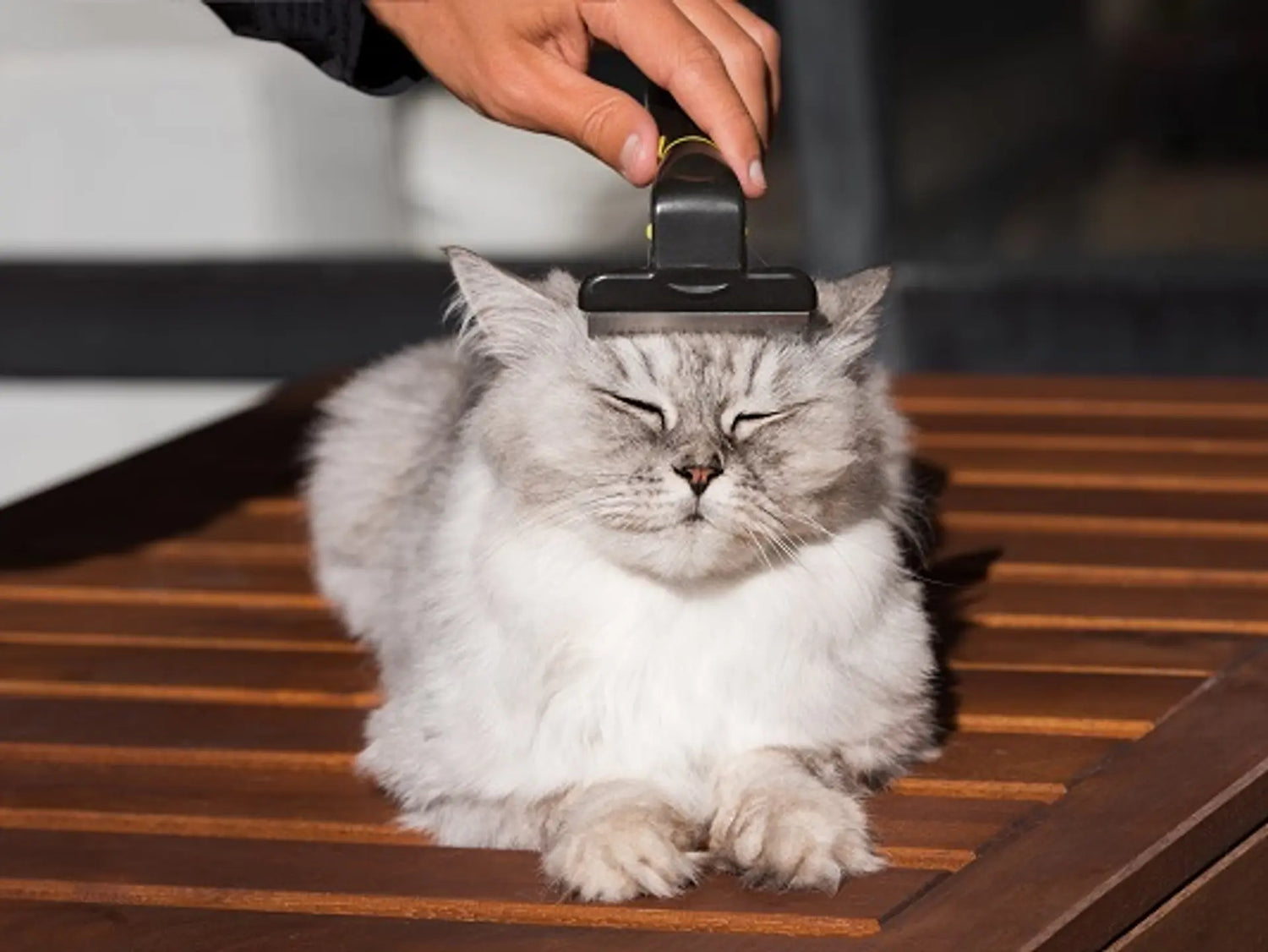You will not be allowed to compare more than 4 products at a time
View compareShop by Persian Cat Breeds
Average sizes and life expectancy of the breed
10-15 in
3-6 kg
12-17 years
Persia
Characteristics of the Persian Cat
Persian cats are quiet animals who like a calm and serene environment. They are particularly known for being sweet and gentle with kids and other animals. Although docile and calm, Persian Cats like to play and spend time with their owners. They are among those felines who don't demand attention, but like to receive it. With large, round eyes and a small, flat snout, they were named after the region they came from: Persia, in what is now Iran.
Coat
The most distinctive feature of Persian Cats is their fur itself. They have an extremely long and thick coat characterised by colours like Silver, Blue silver, Red, Brown, Blue, Cream, Cameo and Cream cameo. The Persian cat's tail is feathered and dense. Their fur needs daily care, as its long and thin strands have a tendency to develop knots, causing irritation to the cats. Even if you miss just two or three sessions of grooming, you will notice their hair getting tangled. Speaking of grooming, you should have a comb and brush which will help in keeping the Persian Cat's hair clean. Stainless steel combs and slicker brush especially will help a great deal in easily removing knots, dirt from the cat's coat. When it comes to bathing, the frequency will completely depend upon your Persian's fur. You can bathe them whenever you see their coat is getting dirtier and greasier.
Best Cat Food For Persian Cats
Persian Cats are absolute carnivore beings who will relish only fish and meat based cat foods. They thrive on protein and has a moderate carbohydrate requirement to keep themselves healthy and energetic. Regarding their food type, they love both dry and wet cat foods provided that they are completely balanced. Also as they have a beautiful skin and fur, it is recommended to give them cat foods which are rich in omega 3 fatty acids. This essential fatty acid also go a long way in keeping excellent brain health as well. As for the important vitamins and minerals, owners should feed them Vitamin A and Taurine as these are excellent for maintaining good eyesight. Unlike dogs, cat's in general do not experience lactose intolerance and hence, you can readily feed them some good milk-based cat foods. Lastly, be aware of those foods which can harm your cat's health especially the food scraps from your garbage bin. Be a little aware of what they eat and they will be absolutely fine.
Grooming Your Persian Cat
Being a beautiful looking cat breed, Persian Cats need to be groomed almost daily. Their hair needs regular brushing in order to avoid issues like matting and tangling. Before brushing their hair, make sure you have a good quality slicker brush that are highly effective in removing dander, dirt and loose hair from the coat. It would be best if you can start combing their hair right from the base of their hair, near the skin, and then combing outwards. When it comes to bathing, its frequency will completely depend upon the activities of your Persian Cats. If they get greasier fast, you may have to bathe them quite frequently. Also, use a top quality shampoo and conditioner to effectively eliminate all dirt and grease from their coat and to repel ticks and fleas as well. Shampoos and conditioners also go a long way in hydrating the coat of your Persian cat, which keeps them looking healthy and shiny.
Taking Care of a Persian Cat
One of the most important care that a Persian Cat needs is regarding their coat. That's because, in addition to all the health-related problems, such as the propensity to infections and oily seborrhoea, they require extra care so that the hair remains silky and soft. The Persian cat should be brushed daily, gently, with an appropriate brush to avoid tangles and dirt. Owners of a Persian cat should know that this is a house cat, which means it should not live outside or even at the backyard.
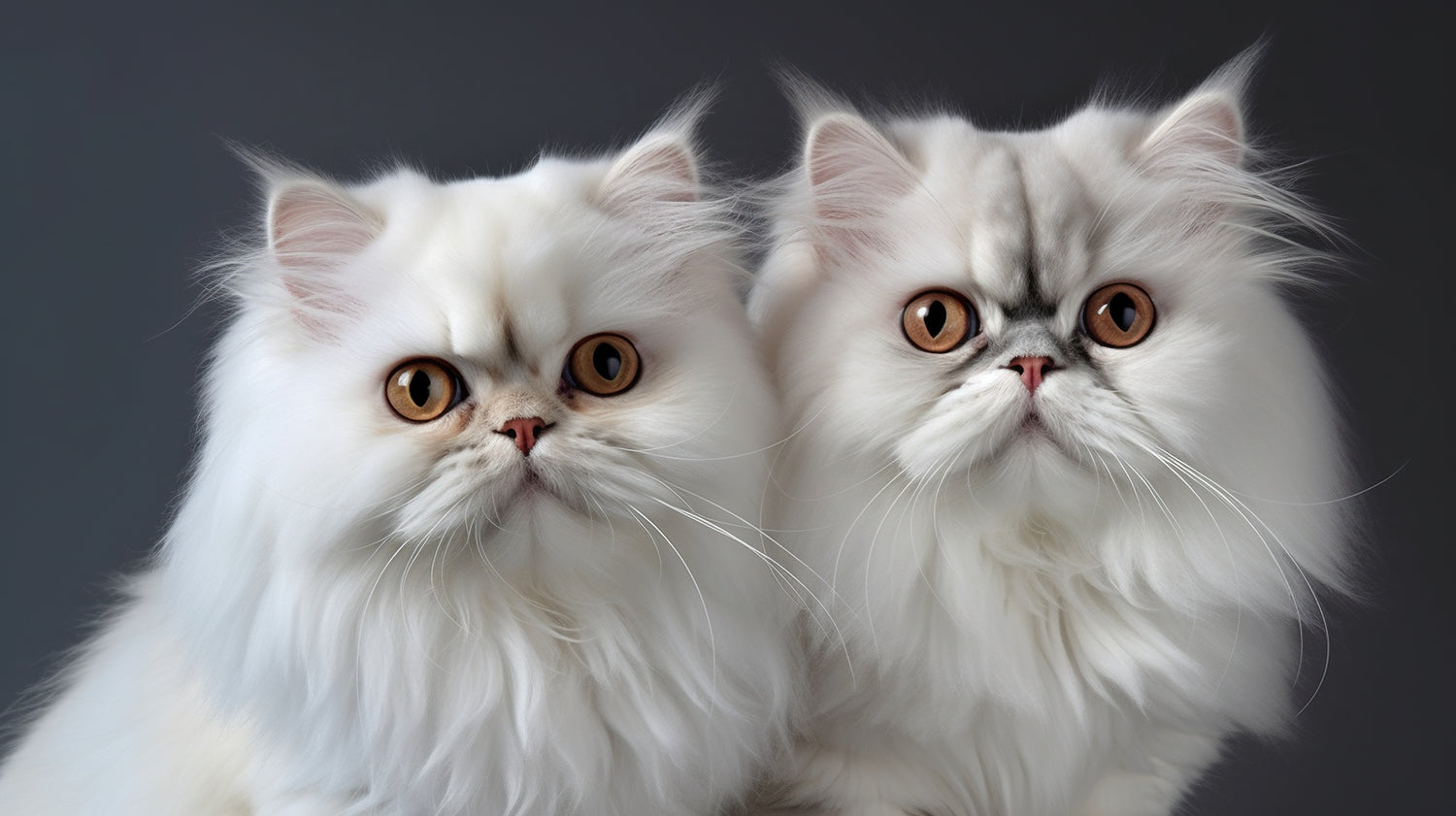
Health
Despite having a well-developed and muscular body, the Persian cat is prone to quite a few health problems, particularly related to genetics. One of the reasons for this being their flattened snout, which can cause some breathing difficulties. So keeping them in a cool temperature environment will prevent much suffering, also helping them with their heat sensitivity as well. Other problems caused by the snout are watery eyes, which is not of great concern. As their tear duct is very small, it is recommended to clean their eyes daily with saline solution. In addition, other recurring problems in this breed are dental malocclusion, heat sensitivity, skin problems (ringworm, itching, fungus, infections, oily seborrhoea), progressive retinal atrophy and also poly-cystic kidney disease.
Curiosities
The Persians only arrived in Europe at the end of the 16th century and in America at the end of the 19th century. Some famous cats are of the Persian breed. This is the case, for example, of Snowball, the kitten from the movie Stuart Little, and Garfield. The original Persian didn't have the flat facial profile that we see with the Persian breed today. The flat-nosed “peke” face was perpetuated by breeders in the United States, Germany, and Italy during the 1950s and is the result of a genetic mutation. In general, Persian Cats love getting baths
Intelligence
Persian cats have a clear-cut personality. They are calm and intelligent cats who knows how to adapt quite easily to new homes and families and also to get along well with children and other domestic animals. In addition, Persians are high-spirited and sensitive pets, who try to communicate with their humans through meows and looks. As mentioned earlier, there is no need to worry about obedience while raising a Persian cat as they are extremely docile and calm and like listening to their owners. As they do not have wild instincts, they do not bite or scratch, making them easy prey if they are on the street. But it's not a big concern as they are house cats, who prefer lying down and relax, rather than going outside or jumping on furniture. However, despite being obedient, it is necessary to keep their litter boxes always clean. Because they are very hygienic, they refuse to relieve themselves in dirty places and go elsewhere.
Temperament
In general, Persian cats are sweet and affectionate, adapting easily to families, children and even other pets. For those who prefer well-behaved animals, the Persian cat is very observant and prefers to stay indoors quietly, without jumping on the furniture. However, he's only considerate of those he thinks is worth it, so don't count on him dropping in on visitors' laps too often.
Lifetime
As they are calm, docile cats who likes staying at home, the life expectancy of Persian cats is 14 years. This is as long as they do not have kidney problems, something typical of the breed, especially due to their predisposition to kidney cysts.
Frequently Asked Questions
Are Persian Cats Friendly?
Yes. In fact, Persian Cats are one of the most sociable cats you will ever find. They are gentle and would like to cuddle around with their owners all day long. They even do well with strangers as well as children.
What Do Persian Cats Eat?
Persian cats are out-and-out carnivores who will thoroughly relish fish and chicken based cat foods. Just make sure you are feeding them foods according to their requirements.
How Long Do Persian Cats Live?
On an average, Persian cats have a lifespan of 10 to 17 years.
Do Persian Cats Need Exercise?
Persian Cats do need a little bit of exercise every day as they are essentially lazy cats who would sit on a couch all day. Make them do little activities every day as it will help them keep obesity away.
Our team is available at (Mon-Sat, 10 AM to 7 PM): 87440-12035/53 (sales) 87440-12036 (support) support@petsworld.in

